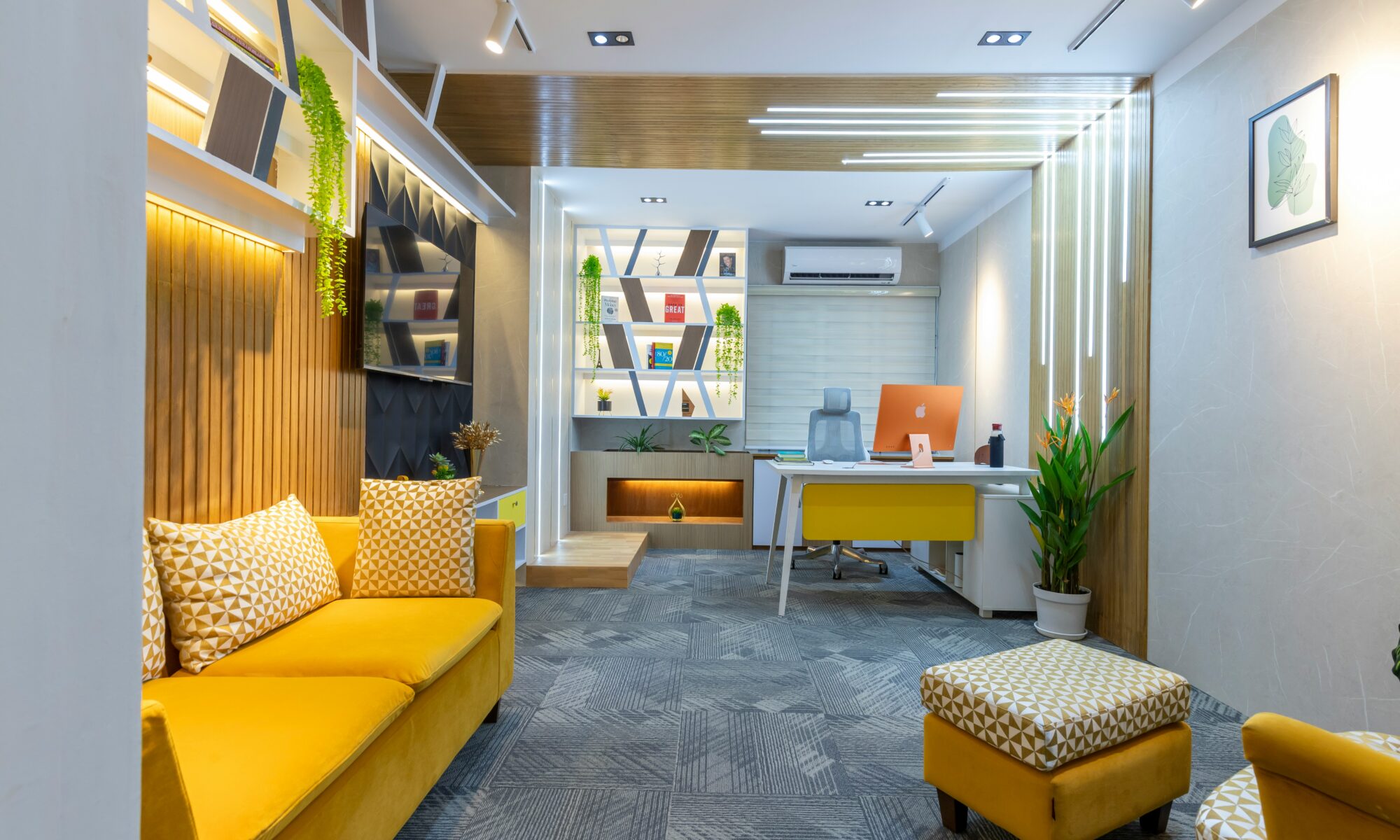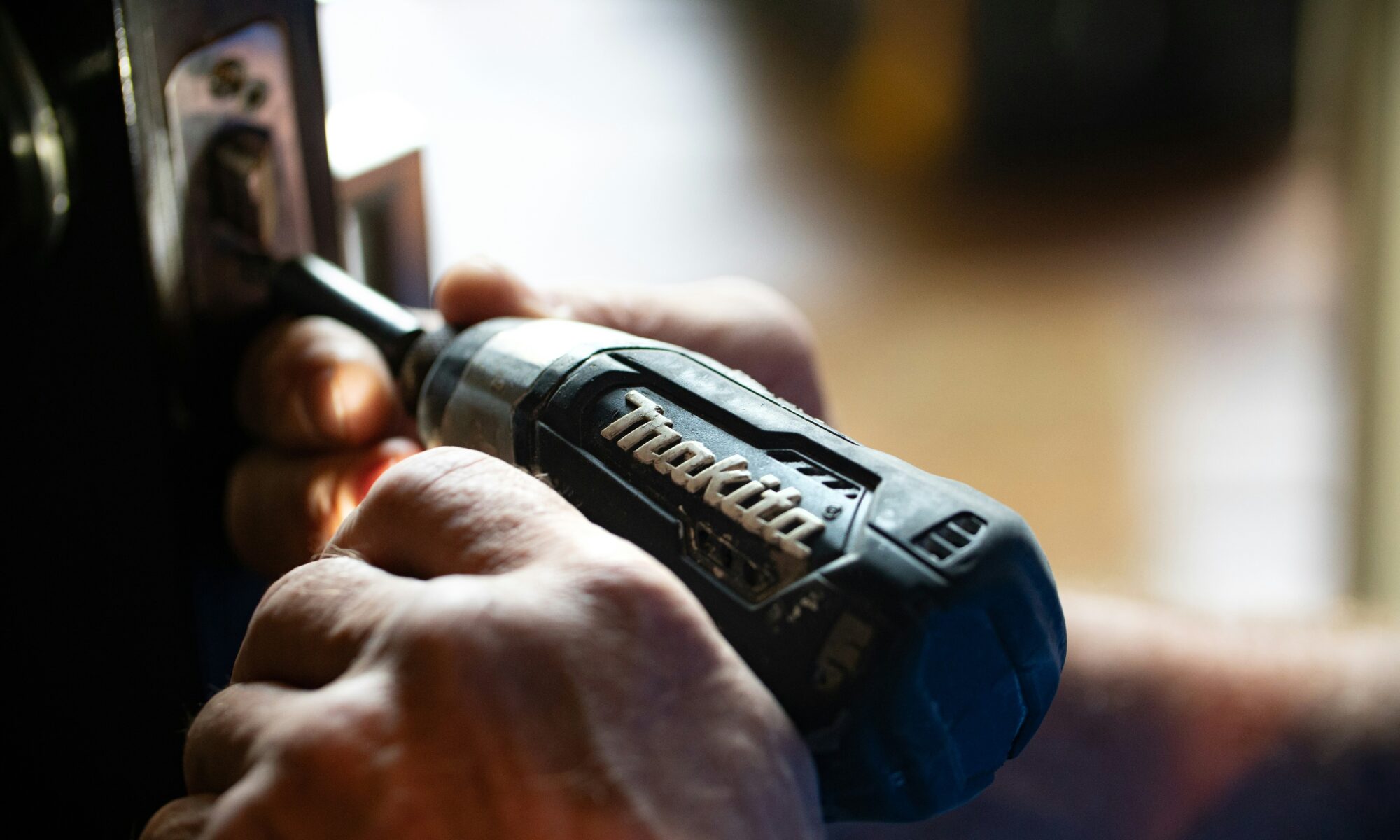Valentine’s Day is all about celebrating love in all its forms—whether it’s a romantic date, a fun night out with friends, or a self-love celebration. And what better way to make this Valentine’s season unforgettable than with incredible food, delightful drinks, and a cozy, welcoming atmosphere? Adda, known for its fusion of bold Indian flavors and contemporary twists, invites you to join in a love-filled affair from February 13th to 15th. Get ready to indulge in a specially curated set menu and exclusive love-inspired cocktails to make your heart and taste buds swoon.
A Sparkling Start to Your Valentine’s Celebration
The moment you step into Adda, you’ll be welcomed with warmth and excitement, setting the tone for a memorable experience. To kick off your celebration, every set meal comes with a complimentary glass of Prosecco. This sparkling wine adds an extra layer of elegance to your evening and is the perfect way to raise a toast to love, whether you’re with a partner or friends or even celebrating a bit of self-love.
Prosecco’s light, refreshing bubbles pair wonderfully with Adda’s menu, offering a delightful contrast to the bold and rich flavors of the dishes. As you sip on your bubbly, you’ll feel the festive atmosphere enveloping you, making it the perfect way to begin a memorable evening of romance and fun.

A Love-Infused Feast with Bold Indian Flavors
Adda’s specially curated set menu for Valentine’s Day features a decadent selection of dishes that highlight the richness of Indian cuisine, with a modern twist. The chefs have carefully crafted each dish to evoke the warmth and passion of the season, blending traditional Indian spices with fresh, contemporary ingredients.
Expect to indulge in flavors that are comforting and daringly bold. From appetizers to the main course, the love-infused menu ensures every bite is full of depth and flavor. Whether you’re a seasoned lover of Indian cuisine or new to its rich, aromatic dishes, Adda promises a dining experience that will tantalize your senses and leave you craving more.
The meal offers an exciting combination of textures and flavors — spicy, sweet, tangy, and savory — perfectly harmonizing. As you and your special someone share this meal, you’ll savor every bite while making memories that will last far beyond Valentine’s Day.
Swoon-Worthy Valentine’s Cocktails
No romantic celebration is complete without a specially crafted drink to set the mood. Adda has gone all out in creating a selection of Valentine’s Day cocktails designed to make your heart flutter and your taste buds rejoice. These love-inspired sips will take you on a journey of indulgence, offering complex flavors that are both refreshing and indulgent.
Whether you’re in the mood for something light and fruity or rich and indulgent, Adda’s Valentine’s cocktails have something for everyone. The cocktails are designed to complement the meal perfectly, enhancing the bold spices of the Indian cuisine with refreshing and exotic ingredients. These delicious and visually stunning cocktails make them the perfect addition to your romantic dinner or Galentine’s celebration.
And if you want to keep the bubbles flowing, you can also purchase a Prosecco bottle for just $70++. Keep the celebration going all night long with these affordable options and add extra joy to your evening.
Perfect for Every Kind of Love
At Adda, Valentine’s Day is for everyone. Whether you’re spending the evening with your partner, catching up with your best friends, or enjoying a solo indulgence, Adda welcomes you to celebrate in style. The atmosphere is cozy and lively, with a vibe that caters to both romantic dates and group gatherings.
If you’re planning a Galentine’s celebration, Adda provides the perfect setting to enjoy good food, great drinks, and fantastic company. The spacious and vibrant setting makes it ideal for sharing laughs and creating memories with your closest friends. On the other hand, if you’re looking for a more intimate setting for you and your partner, the quiet elegance of Adda’s ambiance ensures that every moment feels special.
Be it love, friendship, or just the joy of indulging in great food, Adda’s Valentine’s offerings ensure that everyone feels celebrated. It’s a place where romance, laughter, and delicious flavors all come together to create an unforgettable experience.
Book Your Table Now
This Valentine’s season, don’t settle for an ordinary dinner. Adda promises a celebration filled with romance, flavor, and unforgettable moments. Whether you’re celebrating with a partner or friends, the specially curated menu, unique cocktails, and sparkling Prosecco set the stage for a truly memorable evening.
With Valentine’s Day fast approaching, it’s time to make your reservations and secure your spot. The event will be available for lunch and dinner from February 13th to 15th, so you have plenty of opportunities to enjoy the experience. Seats are limited, so be sure to reserve your table early to avoid disappointment.
You can easily make your reservation by visiting here or calling +65 8793 2103. With limited availability and a limited-time special menu, this is an event you don’t want to miss.
Final Thoughts
Adda offers the perfect setting for a romantic and flavorful celebration this Valentine’s Day. Whether enjoying the complimentary Prosecco, savoring the love-infused set menu, or sipping on a delicious cocktail, Adda’s offerings ensure that every moment is filled with joy, laughter, and unforgettable memories.
Don’t miss out on this limited-time offering. Book your table today and raise a glass to love, laughter, and delicious flavors!



















You must be logged in to post a comment.